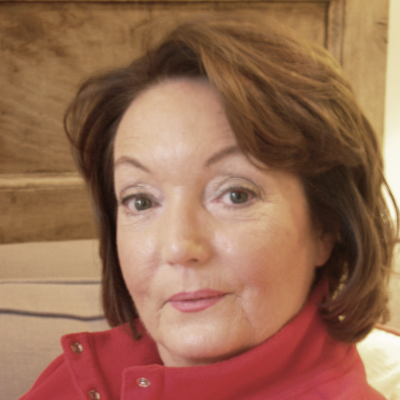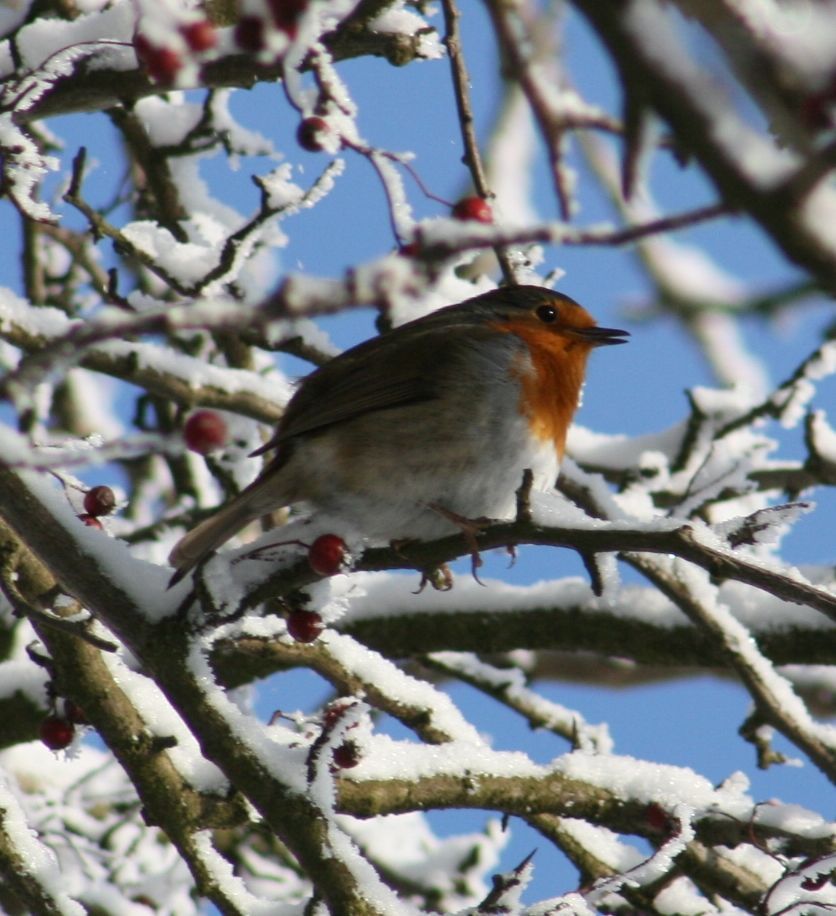Honouring Our Elders
How can we honour elders who are unkind?

November is the anniversary of my initiation as a Reiki master, which is now 31 years ago! Thank you dear Martha. I remember Phyllis Furumoto recognising that by reaching 10 years as a Reiki master, my Reiki master had reached a new stage in her mastery. At the time there were few masters with so long experience. Now there are many who, like me have been teaching and practising Reiki for decades. I suppose you might call us ‘Elders’!
I had an interesting question about the Reiki principle ‘Honour your parents, teachers and elders’ from one of my students recently. She questioned whether we should still honour these people if they were unkind.
In my response I first gave some cultural context for where this principle originated: in Japanese culture, where honouring older people and ancestors is implicit in all social interactions. In fact, this Reiki principle was not stated in this way by Mikao Usui which is why you may not see it in some of the translated versions of the Principles. Hawayo Takata added these words because she saw that the Westerners she was teaching did not have this important understanding in their culture.
Any of the Reiki Principles can be challenging: they are designed to help us develop and grow by facing up to these challenges. So should we honour parents, teachers and elders even if they are unkind? I would say yes. By doing so we shift from a state of reactivity and potential conflict to one of greater compassion and healing. What does it take to honour someone when you don't agree with how they behave? I would suggest, based on personal experience of elders who hurt me, that it takes compassion and forgiveness.
This principle invites us to hold the 'good' and 'bad' with equanimity. It invites us to see beyond the behaviour of the personality to see the suffering of the human being beyond. In my experience unkind behaviour is almost always is caused by unkindness received by that person. Often there is some way in which they have been treated as less than human and the pain of that gets passed on, unless there is awareness to heal it. One of my Reiki master friends does a series of workshops on healing the family tree, based on the understanding that these hurts can be unconsciously passed on, from generation to generation (she has one coming up next year – ask me for details if you’re interested).
So this principle, in my view, invites us to have compassion for the unkind elder and also for ourselves. It invites us not to take the unkindness personally, because it's really about that person, not you. It invites us to learn from their behaviour, forgive and move on, instead of feeling angry, which the principle ‘Just for today do not anger’ guides us to avoid where possible. Anger, resentment, feeling aggrieved are all stressful emotions, which of course are not good for our health!
So in my day-to-day human life I try to remember, as prompted by the Principles, to respect others, especially those of an older generation and see beyond any unkindness. When I perceive someone as doing wrong, I try to have compassion for the spiritual being in human form who has their own struggles and pain that may cause them to act in a way that is unkind or even cruel. It isn't easy and that is what the Principles are for: to challenge us to do what isn't necessarily the easiest or most comfortable thing, but will help us grow and contribute to the evolution of humanity.









